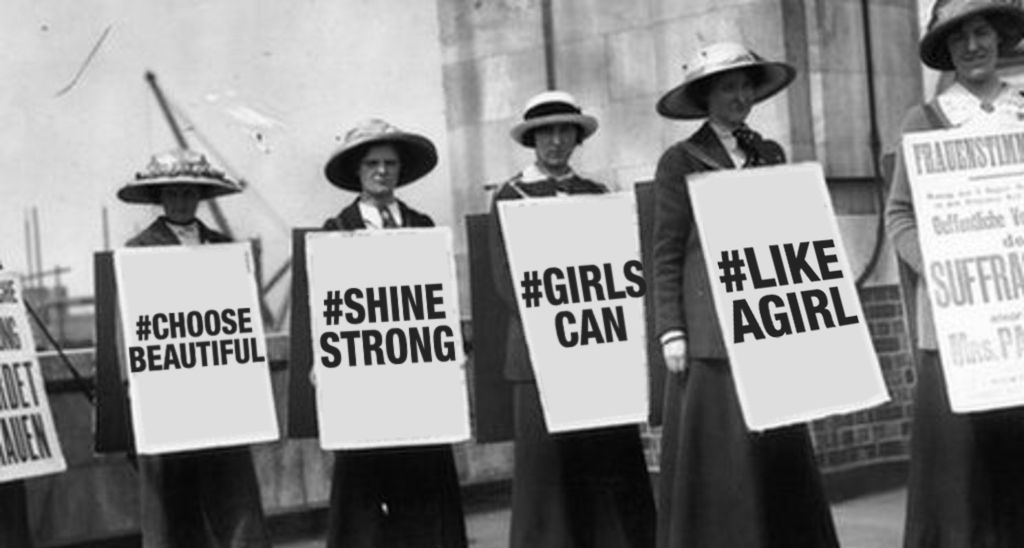Women: Still Knowingly Undersold
If 2014 and 2015 marked a seismic shift in marketing to women, then 2016 has been a starkly depressing reminder that gender equality is still a long way off.
Nike’s ‘Better For It’ created a perfect vision of the empowered sportswoman, yet female athletes at the Rio Olympics were subjected to ridiculous levels of #EverydaySexism.
GoldieBlox’s construction toys for girls and Always’ #LikeAGirl questioned society’s expectations of young girls, yet the historical first of a woman standing for American president has turned into a ‘misogynistic horror show’.
In advertising, gender stereotypes have been repeatedly shattered. In real life however, the glass ceiling is still intact and reportedly costing the UK economy alone £83 billion a year, as it slips further down the rankings of gender equal countries.
So it’s refreshing to see that Stylist magazine is supporting this years’ #EqualPayDay with more than just words. No doubt inspired by the women of Iceland’s protest last month, Stylist is encouraging UK women to leave work at 3.34pm. It is a symbolic but meaningful gesture to highlight the time they’re effectively working for free due to the gender pay gap.
Few other campaigns are really empowering women in the same way, and those that do tend to come from individuals and the non-profit sector.
Sport England’s This Girl Can campaign has encouraged 1.6m women to start exercising, whilst the creation of the hashtag #IAmAnEngineer is thought to be responsible for a 45% jump in searches for “girls who code” in 2015.
What’s remarkable is that all these initiatives haven’t necessarily changed society’s attitudes, but they have inspired women to act regardless.
It is undoubtedly important for brands to challenge stereotypes and start authentic conversations. But as brands become more purpose-led, and as consumers become increasingly savvy – and cynical – of ‘femvertising’, we can’t just rely on platitudes. We can’t just create a portrait of an ideal world and expect society to follow. We must show our commitment to gender equality by helping both women and men to take action themselves, whatever judgement they may face.
In 2017, let’s stop selling women, and society, short.
